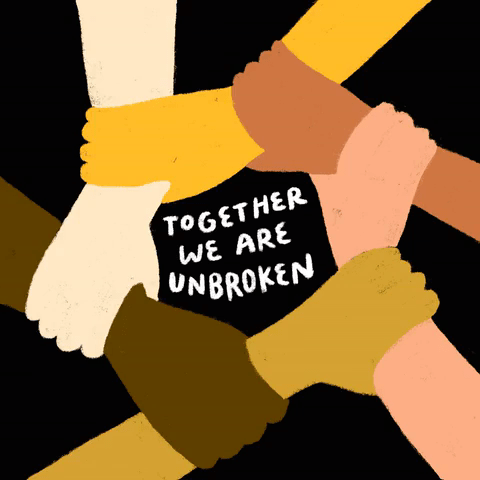Inequality is now being brought to light much more than it ever has. Following the death of George Floyd, countries all over the world are beginning to wake up to many uncomfortable discussions. I am very convinced that many of the allies that are rising to address issues of inequality are doing so because everyone was at home to watch the incident of George Floyd, and less busy hence they had more time to analyze the unfair treatment.
Dr Deborah Birx, the Coordinator for the White House Task Force earlier stated that the cause of increased death amongst the black community in America is the result of an underlying medical condition called ‘Racism’.
Research has shown that the psychological effect of unequal treatment of minority people reduces the immune system of those affected and makes it harder for them to fight diseases, unlike their counterparts.

According to Dr Deborah Birx, the medical condition termed ‘Racism’ has turned many into vulnerable people with diabetes and high blood pressure, now making them vulnerable to Covid-19. The inequality seen in the inability of black people to access good health services, good employment, housing and sound education has contributed to making the majority of the disadvantaged ill and hence vulnerable.
Imagine living in a society where you are being stopped by the police for no reason other than the colour of your skin, where you are treated with less courtesy than others at shops, receive poorer services at restaurants, and people act like they are scared of you. If every day a person steps out to work or goes on holiday, they are seen and treated as aggressive, unfit, and inferior, it won’t be too long until those environmental preconceptions begin to cloud their thoughts and judgement of themselves. They eventually begin to see themselves as such. Remember the saying ”as a man thinks so he is”

Some years ago, David R. Williams carried out research on the social perception of an average black man in America compared to his white counterpart. The result shows that 64% perceive them to be poor, 43% violent, 42% religious, 40% lazy and cheerful and 30% dangerous. The result for their white counterpart showed 48% wealthy, 41% progressive, 32% stubborn, 30% successful and 30% educated.
The effects seen in subconscious discrimination explain the impact of having a subconscious negative stereotype about a group. This impacts the group against which this stereotype is held. They are treated differently. This is most times not intended by those who treat them unfairly. Such persistent long term negative treatment has a tendency of making this group much more vulnerable to diseases than their counterpart. On the long run, the emotional wellbeing of this group is affected.
Follow me for more:
Twitter: @nengi_benstowe
Facebook – @Nengi Anari
Instagram – @nengi_benstowe


